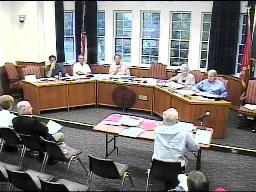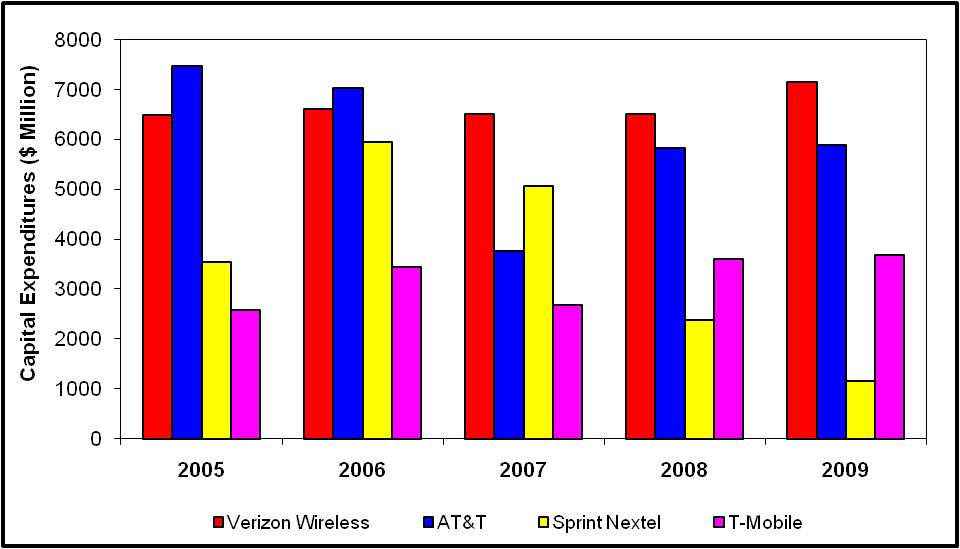 For CNET this morning, I have a long article reviewing the sad recent history of how local governments determine the quality of mobile services.
For CNET this morning, I have a long article reviewing the sad recent history of how local governments determine the quality of mobile services.
As it turns out, the correlation is deeply negative. In places with the highest level of user complaints (San Francisco, Washington, D.C.), it turns out that endless delays or outright denials for applications to add towers and other sites as well as new and upgraded equipment is also high. Who’d have thought?
Despite a late 2009 ruling by the FCC that put a modest “shot clock” on local governments to approve or deny applications, data from CTIA and PCIA included in recent comments on the FCC’s Broadband Acceleration NOI suggests the clock has had little to no effect. This is in part because the few courts that have been asked to enforce it have demurred or refused.
Much of the dithering by local zoning boards is unprincipled and pointless, a sign not so much of legitimate concerns over safety and aesthetics but of incompetence, corruption, and the insidious influence of outside “consultants” whose fees are often levied against the applicant, adding insult to injury.
For example, in El Cerrito, CA, about a mile from my house, officials sat for two years an on application to site a tower disguised as a tree on a Boy Scout camp , then passed a two-year moratorium on any new facilities. (I know that camp well–it is in the midst of a giant chain of parks that run the ridgeline of the Berkeley Hills, thick with invasive, non-native trees that have an unfortunate tendency to explode during fire season.) In Berkeley, CA, where I live, even applications to collocate new antennae on existing towers require a full review and hearing.
Other city and county boards simply delay or deny, or introduce bizarre requirements, including that any new equipment must be shown to benefit only residents of the jurisdiction.
The “shot clock” rule also banned a common practice among many communities of denying any application for new equipment if an existing mobile provider already served the area. Yes, that’s right. With all the hand-wringing and crocodile tears over mobile competition and the danger of the AT&T/T-Mobile merger, many parts of the U.S. prohibit new competitors from entering.
Some communities are still enforcing that rule, and the few court cases that have interpreted the FCC ruling haven’t always embraced it.
Why does this matter? There are two principal inputs to a cellular network that determine quality of service for customers: spectrum and cell sites. Both are under the thumb of government control and constraint. (Geoff Manne’s recent rant on spectrum is well worth reviewing.) Over the last five years, the four major providers have invested billions in new infrastructure, and would have invested more, as the FCC acknowledges, were it not for the interference of local governments. In 2009 alone, over $20 billion was invested, representing 13% of total industry revenue.
Capital Expenditure by Carrier

Source: Federal Communications Commissison
If service is poor in some parts of the country, we have only ourselves to blame. But as one commentator to my article put it, it’s so much more fun to blame the device or the carrier.
Or, not so funny, to take a “principled” stand on behalf of competition to block a merger designed to evade these increasingly dangerous roadblocks,
 For Forbes this morning, I reflect on the publication late last week of the FCC’s “Open Internet” or net neutrality rules and their impact on spectrum auctions past and future. Hint: not good.
For Forbes this morning, I reflect on the publication late last week of the FCC’s “Open Internet” or net neutrality rules and their impact on spectrum auctions past and future. Hint: not good.




